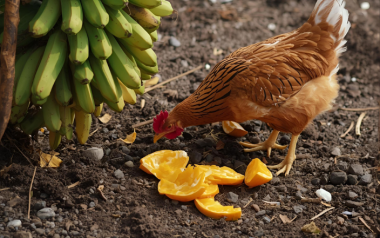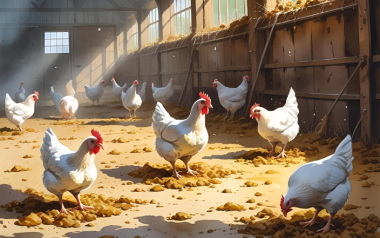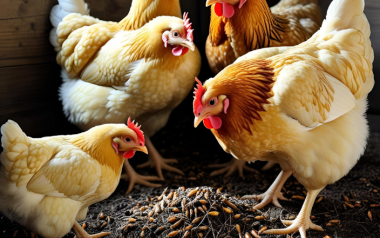Sources: Available upon request.
17 May 2024
Eggshells hold hidden potential for plant health and soil enrichment
Eggshells, often discarded as kitchen waste, hold hidden potential for plant health and soil enrichment. Rich in calcium, they can play a vital role in supporting plant growth. Let’s explore how to harness the power of eggshells and make them as robust as rocks.
Eggshells, often discarded as kitchen waste, hold hidden potential for plant health and soil enrichment. Rich in calcium, they can play a vital role in supporting plant growth. Let’s explore how to harness the power of eggshells and make them as robust as rocks.
The calcium conundrum
Myth debunked: Contrary to popular belief, eggshells don’t directly release soluble calcium into the soil. The calcium within it remains largely inaccessible to plants unless the soil is extremely acidic. So, using it as a direct fertilizer isn’t as effective as we might think.
The long-term approach
While direct use might not yield immediate results, eggshells contribute indirectly to plant well-being. Here’s how:
- Composting and vermicomposting: When added to compost or vermicompost bins, it undergo controlled decomposition. Over time, they integrate into the substrate, enhancing its structure and nutrient content. The gradual release of calcium benefits plants in the long run.
- pH regulation: Eggshells contain over 90% calcium carbonate. When they react in an acidic environment, they transform into a powerful calcium-based fertilizer. By regulating soil pH, it create a favorable environment for plant roots.
- Eggshell water: Crushed eggshells soaked in water create a nutrient-rich solution. Use this water to water your plants. It provides a slow-release calcium boost and helps maintain soil pH.
DIY Eggshell fertilizer recipe
- Collect and clean: Save it from your kitchen. Rinse them thoroughly to remove any residual egg.
- Dry and crush: Let the shells air-dry, then crush them into small pieces. You can use a blender or mortar and pestle for finer consistency.
- Acidic activation: Mix the crushed eggshells with lemon juice or vinegar. The acid will react with the calcium carbonate, creating a soluble form of calcium.
- Apply: Sprinkle the mixture around your plants or incorporate it into the soil. Water thoroughly to encourage absorption.
Environmental benefits
Using eggshells as fertilizer not only benefits your garden but also promotes sustainability. By repurposing kitchen waste, you reduce landfill contributions and create a natural, cost-effective solution for plant nutrition.
In addition to its nutritional benefits, the use of eggshells in the garden acts as a natural pest repellent. The sharp particles in the shell dust can deter snails and slugs, which often damage the leaves and stems of young plants.
In summary, while eggshells might not be as solid as rocks, their gradual impact on soil health is undeniable. So, save those eggshells, compost them, and watch your plants thrive!








































